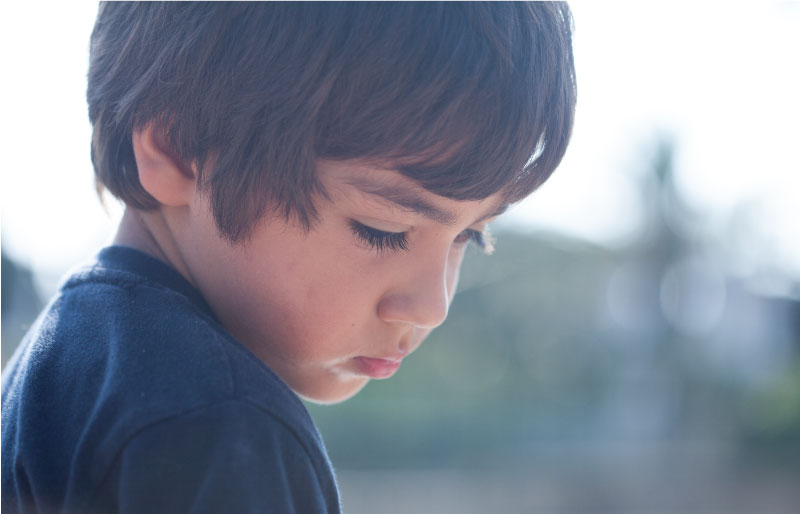Preparing and beginning school can be worrisome for both the parent(s) and child, but preparation is key. Services are never too late to begin, but children need many skills developed such as language and social skills to be successful in school. When these critical skills are not developed within an individual, problematic behavior and regression can occur once school begins.
Call Us: (567) 525-4060

Autism Diagnosis and Beyond
Suspecting Austim
Suspecting Autism in your child can be overwhelming, but knowing is the first step to getting services and help with this diagnosis. Typically done by a clinical psychologist, diagnostic testing is a 1-2 visit process that provides critical testing to determine if Autism or something else might be affecting your child.
The 3 categories used to diagnosis autism in a child are if they demonstrate:
- Language Delays
- Social Skill Delays
- Stereotypical and repetitive behavior
Some things to look for as concerns can be your child wanting to be alone most of the time, lack of or no language development, language regression, repetitive behavior such as lining up toys over and over again, odd social behaviors such as flapping their arms or rocking (Stereotypic and repetitive behavior), and problematic behavior that occurs much more intensely or frequently than other children.

At ABA Therapy Services, we are here to support and provide parent training from the start of your journey when your child becomes diagnosed. It can be a difficult time, but ABA is touted by the U.S. Surgeon General and American Academy of Pediatrics among others as the standard of treatment of Autism Spectrum disorders. At this young age, we focus on developing play skills, language skills, early social and group skills, as well as daily living skills. In fact, we have specialty programs such as toilet training, eating programs, hair cutting, sleeping, and so much more we offer to help you and your young child.

Preparing For School
Some things to look for as concerns can be getting called to pick up your child, school staff asking you what to do, the school being unsure of what to do or what services your child needs, your child not wanting to attend school, lack of communication from school staff.
At ABA Therapy Services, we work with you and even your school to address areas of concern such as language and social develop.
Elementary, Middle School, and Junior high
Later elementary, middle school, and Junior High can be difficult times for those with Autism Spectrum disorders. In addition, to things like puberty, social skills become more and more complex during this time period. Friendships develop, social groups form, and sport and other activity groups develop. Establishing and implementing social skills is critical during this time period.
However, many children with Autism spectrum disorders do not possess the social skills needed to be successful in a group setting. Research and evidence based practice recommends that children begin 1:1 with a trained clinician, then move to a 1:2 setting with a peer. Once able to generalize these skills with a peer, novel unknown peers can be introduced to social occurrences. Once these social interactions are successful, then a child is ready for a social group.
Despite recommendations from others including some healthcare professionals, please note that research indicates that putting those with social skills deficits in social skills groups first can lead to an increase in problematic behavior. In addition, it leads to delays of their development of social skills as they do not have the skills 1:1 with a peer, so why would we expect them to have the skills in a group of 4, 6, or more peers.
Some things to look for as concerns can be that your child generally wants to interact with adults and/or much younger children. This is because adults are patient and do not discourage inappropriate social behavior as much as peers. They may play and interact with much younger children and their deficits in social skills place them at the same developmental age as those peers.

Additionally, children with autism in this age group can often become
the victims of bullying or themselves become the bully as a defense
against those who bully them. Remember, they don’t understand many
social rules, such as not to shove at a peer when the teacher is
looking. A phrase we often hear is cute at 4, annoying at 14, illegal at
24 years old.
At ABA Therapy Services, we systematically assess the deficits your child might have, then break down social skills like you would math skills. These skills build upon each other to develop the skills your child needs to be successful with peers and in group settings.

The Teen Years
Despite recommendations from others including some healthcare professionals, please note that research indicates that putting those with social skills deficits in social skills groups first can lead to an increase in problematic behavior. In addition, it leads to delays of their development of social skills as they do not have the skills 1:1 with a peer, so why would we expect them to have the skills in a group of 4, 6, or more peers.
Some things to look for as concerns can be that your child generally wants to interact with adults and/or much younger children. This is because adults are patient and do not discourage inappropriate social behavior as much as peers. They may play and interact with much younger children and their deficits in social skills place them at the same developmental age as those peers.
